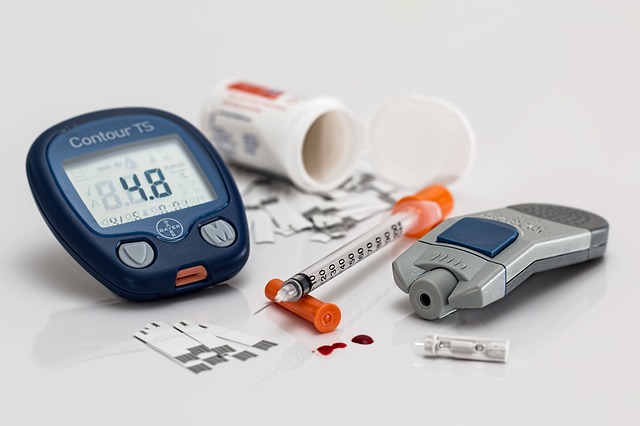Working in geriatrics, you run into a lot of tough questions where there isn’t always a perfect answer. Setting a goal A1C is sometimes one of those challenges. Here’s a scenario where a patient has an A1C of 8.2. Under most conditions, an A1C of 8.2 is not acceptable. Here’s a few questions I might consider when assessing a geriatric patient with an A1C of 8.2.
- Hypoglycemia. When changes are not made for an elevated A1C like this, the most common situation I run into is that the patient has had hypoglycemic episodes (likely significant). Inaction indicate that they are at risk for severe complications from a hypoglycemia episode (i.e. cognitive impairment, fall risk, etc.)
- How old are they? I know we are not supposed to discriminate based upon age, but the older this patient is, the more likely we are to focus on quality of life. There are consequences that can impact quality of life with higher elevations in blood sugar, but age is going to help us determine aggressiveness of care and weighing the risk of a mildly elevated A1C versus risk for hypoglycemia.
- Severity of hypoglycemia episodes. Often, patients who are not treated aggressively have had hospital/ED visit due to hypoglycemia. This is an important assessment to make.
- Ask about falls. Falls are often underreported by patients as I’ve had many that won’t remember a fall if it didn’t involve in any significant injury.
- What medications are they on? Are they on an insulin product or sulfonylurea? Is there an obvious alternative that might not be as high of a risk as far as hypoglycemia?
- Mental clarity and do they live home alone? Are they able to manage their medications appropriately and in the event of hypoglycemia are they home alone without any help. There factors may also lead toward a less aggressive mentality with diabetes care.
- Patient attitude. You will run into patients that are unmotivated. Motivational interviewing can be helpful here to figure out what really matters to them. Recognition that mental health concerns, social situations, or other medical issues may be impacting their state of well-being and their desire to take care of themselves and their condition is another important consideration.
So is an A1C of 8.2 ok? Hopefully some of these ideas will help you figure out which A1C goal is most appropriate for your patient!
Love the blog? Get a free gift simply for following! Over 5,000 medication loving healthcare professional have taken advantage of this!



0 Comments